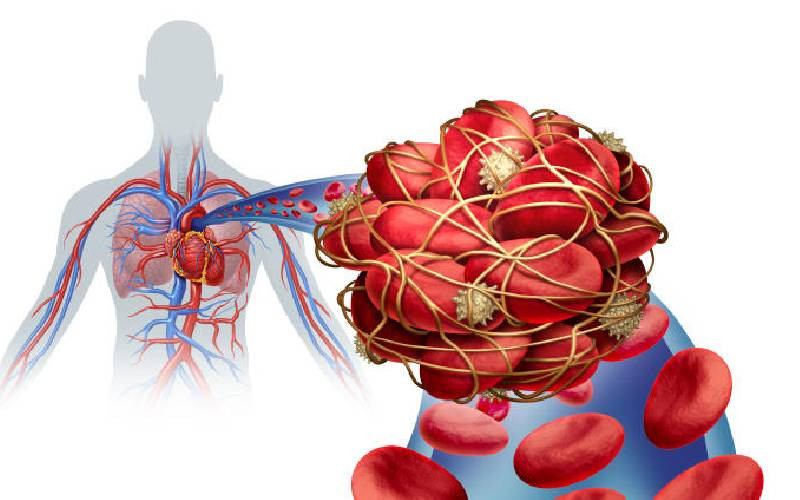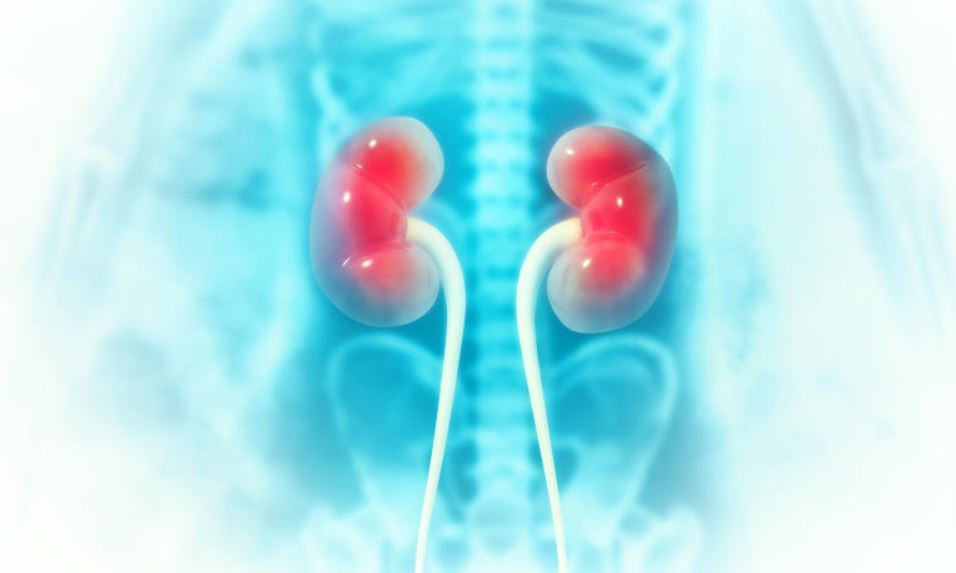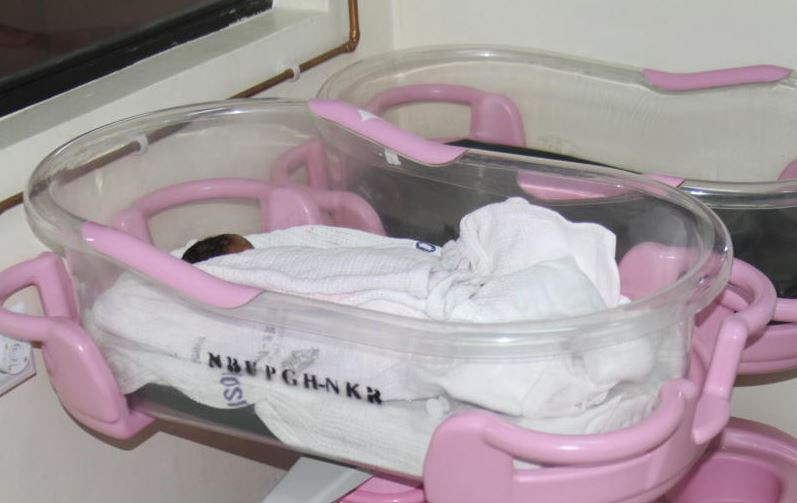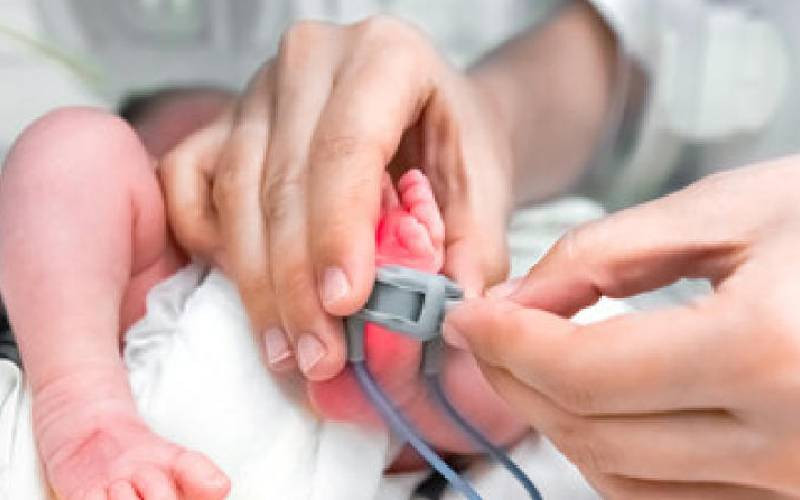
Let’s call the young man Kim. His periods of episodic drinking of alcohol have led to repeated absenteeism from work, loss of personal items like mobile phone, and even hospital admissions. This time, suicidal ideas are cropping up. Kim is in severe epigastric pain, he is vomiting and has to be brought to the hospital involuntarily. Laboratory tests with a major focus on liver function are done and discussed.
Kim has had several short-stay hospital admissions and at least a 90-day rehabilitation.
Many people assume that because they don’t consume alcoholic beverages daily, they are okay with weekend drinking of alcohol, regardless of the amounts. It is therefore important to understand what binge drinking is.
Binge drinking is characterized by episodic, intermittent heavy alcohol consumption within a short period. Such can lead to impaired judgement, increased risk of accidents, alcohol poisoning, and negative effects on physical and mental health. It can also lead to compulsive behaviours such as drunk driving and unprotected sexual contact.
According to most dietary guidelines, adults who choose to drink should limit their intake to two drinks or less in a day for men and one drink or less in a day for women.
It is safest to avoid alcohol altogether if you are taking medications that interact with alcohol, managing a medical condition that can be made worse by drinking, under the age of 21, those suffering from alcohol use disorder (AUD) or unable to control the amount they drink and those who are pregnant or planning to be pregnant.
On 10 September 2025, the world united to mark World Suicide Prevention Day (WSPD) and it is important to remember that alcohol misuse is associated with a 94 percent increase in the risk of death by suicide.
- Why genes are to blame for alcohol addiction
Keep Reading
As a depressant, alcohol can worsen feelings of loneliness and depression. It can also enhance aggression, influence decision-making, and lower inhibitions.
Persons with a family history of alcohol use disorder should remember that they are genetically predisposed to the same problem. Recognizing when alcohol consumption becomes problematic is essential for both ourselves and those around us.
If we or our loved ones are struggling with severe alcohol use disorder or engaging in regular binge drinking, getting the right professional help and support is crucial.
A correct diagnosis that identifies the problem and its extent is essential. Alcohol use disorder can coexist with other mental health problems like anxiety and depression.
At times, it is hard to tell which is the egg and which is the chicken. Medical laboratory tests and physical examination can also reveal medical complications like liver function derangement, hypertension, diabetes mellitus, deranged lipid profile and even alcohol related memory loss.
Alcohol withdrawal can be very severe and if untreated or incorrectly managed, could even lead to death. It is therefore important to treat alcohol withdrawal as a medical emergency. Facilities without proper medical personnel should therefore refer severe cases to facilities with adequate personnel and appropriate medical commodities.
Various treatment options are available including therapy, support groups, and medical interventions.
-Dr Mutisya is a consultant psychiatrist with 25 years of medical practice experience
 The Standard Group Plc is a multi-media organization with investments in media
platforms spanning newspaper print
operations, television, radio broadcasting, digital and online services. The
Standard Group is recognized as a
leading multi-media house in Kenya with a key influence in matters of national
and international interest.
The Standard Group Plc is a multi-media organization with investments in media
platforms spanning newspaper print
operations, television, radio broadcasting, digital and online services. The
Standard Group is recognized as a
leading multi-media house in Kenya with a key influence in matters of national
and international interest.











